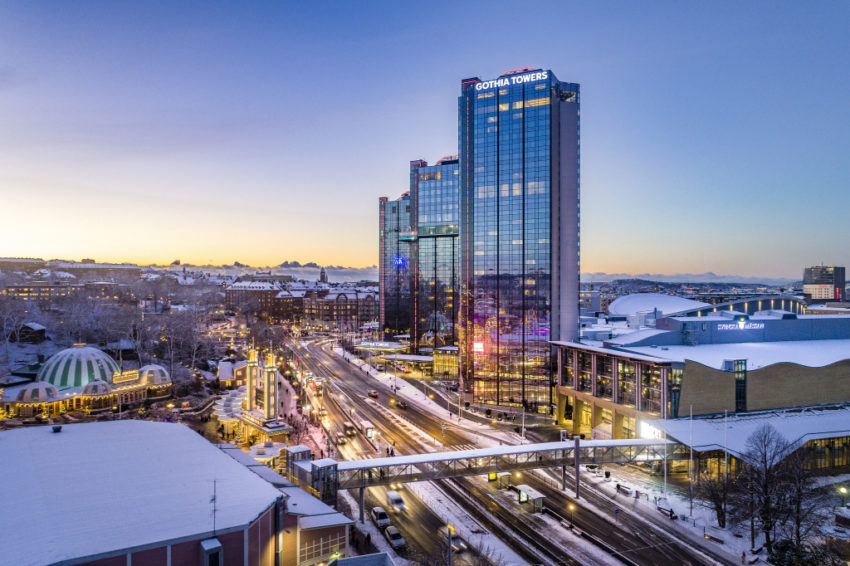There was definitely something going on in Gothenburg, Sweden, last week during the two-and-a-half days of education and networking of the Associations World Congress. As several hundred association executives and exhibitors from the meetings industry gathered under one roof, you could feel there was an eagerness to learn and make the most of the time out of the office.
The programme was rich, that was obvious. The selection of the right workshops and sessions to attend was hard. It was almost like you were going to miss out on something if you chose one stream over another.
The Congress kicked off with a special forum for medical associations, which proved quite popular. The keynote opening speech was delivered by Paul Welander, senior adviser to the CEO of Gothenburg-based automotive company Volvo, who emphasized the power of collaboration to do business properly.
New this year was the Congress’ format: participants were encouraged to move freely between streams throughout the day. This allowed for greater flexibility and enhanced the opportunities for high-quality learning. Highlights included sessions on governance, or how to rethink and re-engineer the board for the modern association, communications, or how to adapt the look and feel of your communications can be a great way to re-energise members’ interest and engage more effectively with external stakeholders, or reflections on the association of the future. How do, indeed, associations renew themselves in a rapidly changing world full of disruptors? That was a much debated topic at a well-attended session.
The Congress took place at the Swedish Exhibition & Congress Centre and Gothia Towers (pictured) in Gothenburg, a city which made sure all the participants felt welcome. Europe’s largest fully integrated hotel and congress venue in the city centre, only 20 minutes from the international airport, the complex will celebrate its 100th anniversary in 2021.
Delighted to be able to host so many association executives at the same time, Gothenburg has put meetings at the core of the city’s sustainable tourism strategy. With a vision to create a dynamic meetings destination, the city council assigned its destination marketing organisation, Göteborg & Co, to develop a strategic plan to support efforts to attract scientific congresses, in close collaboration with the industry and academia.
In this context, Gothenburg Convention Bureau provides easy access to the local meeting industry, the two universities and cutting-edge industries in the region, e.g. Volvo and AstraZeneca. The region of Gothenburg is characterized by relatively high business R&D expenditures, a highly educated workforce and many people employed in knowledge-intensive industries such as Life Science, Automotive/Transportation, ICT, Green chemistry and materials.
